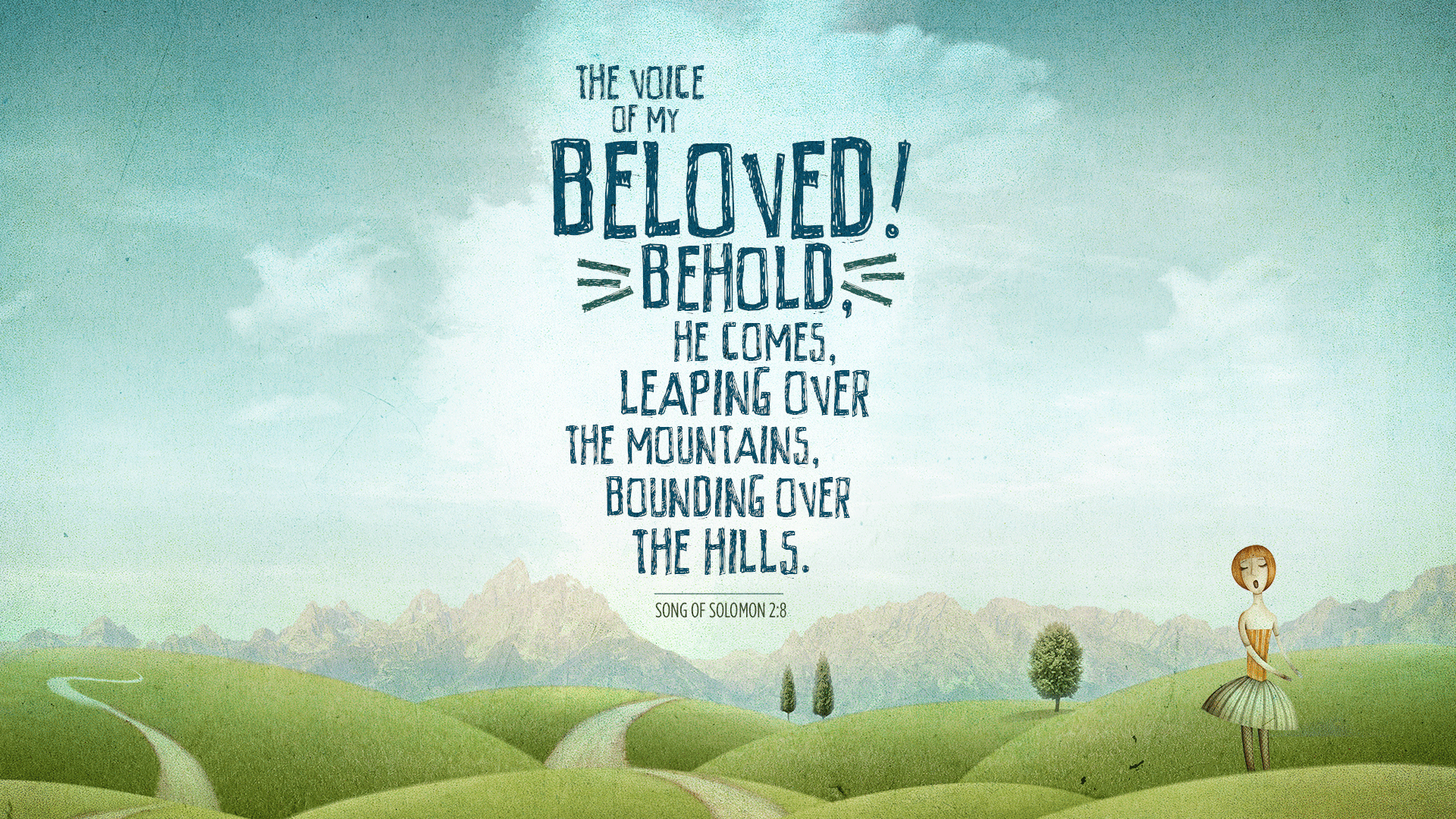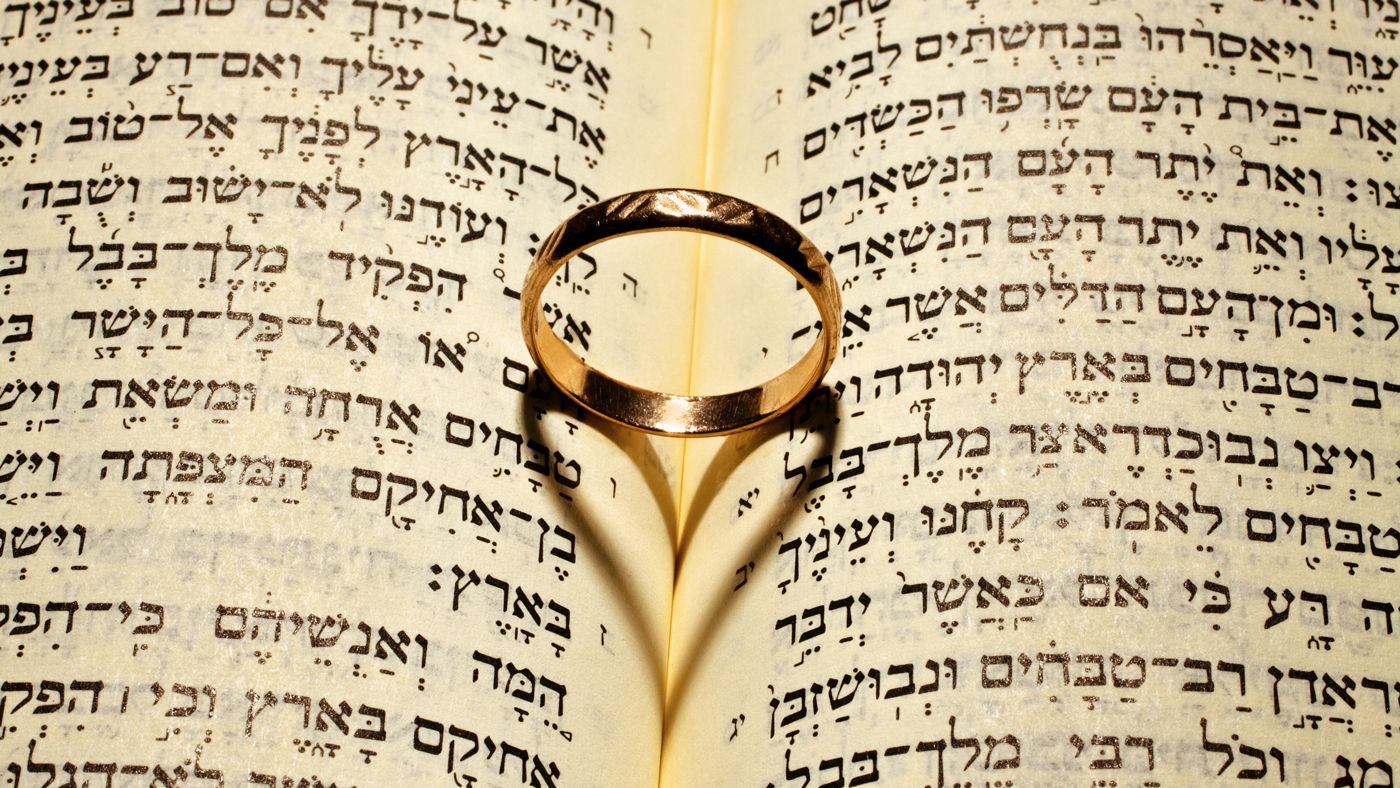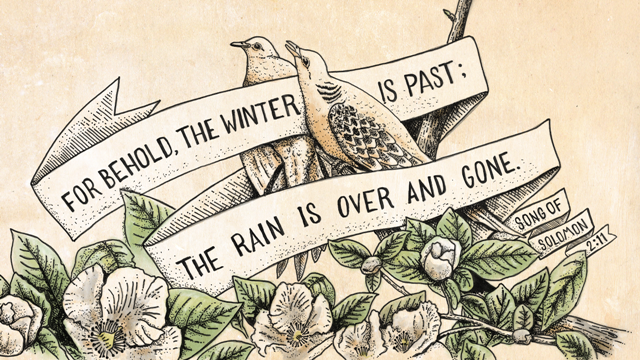Shabbat Gathering: Lecha Dodi: Mystical erotica?

Chevra, We'll gather tonight to welcome Shabbat. Here are the coordinates for our gathering:
Zoom
Meeting ID: 963 5113 1550
Password: 1989
Phone: +1 312 626 6799
(To unsubscribe from the email, click the link at the bottom of it.)
Here we go.
For me, one of the nicest things that happens in our merry little group is when one of us takes a piece of our service and puts their own stamp on it. Mary Anne, for example, has given us a new, jaunty melody for Lecha Dodi. Well, the melody isn’t “new” but it’s new to us. Thank you, Mary Anne!
The lyrics for Lecha Dodi were written by Rabbi Shlomo Halevi Alkabetz (~1500 - 1576). Rabbi Alkabetz was a native of Thessaloniki, Greece and a member of a group that studied Kabbalah, Judaism’s mystical teachings. During Shavuot one year, while Rabbi Alkabetz was staying up all night chanting with his chavruta (study partner), they had a vision that the Shekhinah (feminine aspect of G-d) told them to move to Israel. The following night, they had the same vision. Persuaded, Rabbi Alkabetz and his friends moved to Safed (Palestine/Israel) in 1535. Safed was already a center for Kabbalistic study and they joined that circle of scholars and mystics.
Rabbi Alkabetz wrote Lecha Dodi near the end of his life and based it on readings of the Song of Songs (or Song of Solomon), which according to some Kabbalists, is the most holy book of Tanakh. You might already know one of the verses from the Song of Songs as we commonly use at a wedding, or on a ketubah, or engraved on the inside of wedding bands. (It was in mine.)
I am my beloved’s and my beloved is mine.

The Song of Songs is either...
a) an erotic love poem
b) a mystical description of Hashem’s relationship with us, or
c) both at the same time.
These are the pertinent lines from the Song of Songs that appear in the refrain of Lecha Dodi:
Come out my Beloved, the Bride to meet;
The inner light of Shabbat, let us greet.
Sticking with the mystical interpretation of Song of Songs rather than the erotic, the “bride” might refer to the Shekhinah or perhaps the extra soul Hashem gives to us on Shabbat.
Rabbi Rachel Barenblat, The Velvateen Rabbi, (one of Rabbi Laurie's favorites) explains that extra soul this way:
On Shabbat, tradition tells us, each of us receives a neshama yeteirah, an "extra soul." It stays with us until sundown on Saturday, when it returns to God. … That extra soul is part of who we are, but during the week it's distant. We have two "levels" of soul … a "lower" soul which enlivens the body, and a "higher" soul which resides with the Mystery we call God. On Shabbat, those two unite. The reality of who we are is joined with the potential of all that we might be.
Drawing back to Song of Songs, this union can be understood as something spiritual and/or physical, as in making love. And, as we all know, making love on Shabbat is a double mitzvah. It's a mitzvah to make love and a double mitzvah if you are doing so during Shabbat. (You can read more about that in my article that was published in The Forward.)
I believe that during our Shabbat Gatherings, the doors to my soul open and my soul is touched by yours. We are all joined together, observing an ancient ritual designed to bring us love, joy, peace and rest.
See you tonight!
All my love,
brian.
